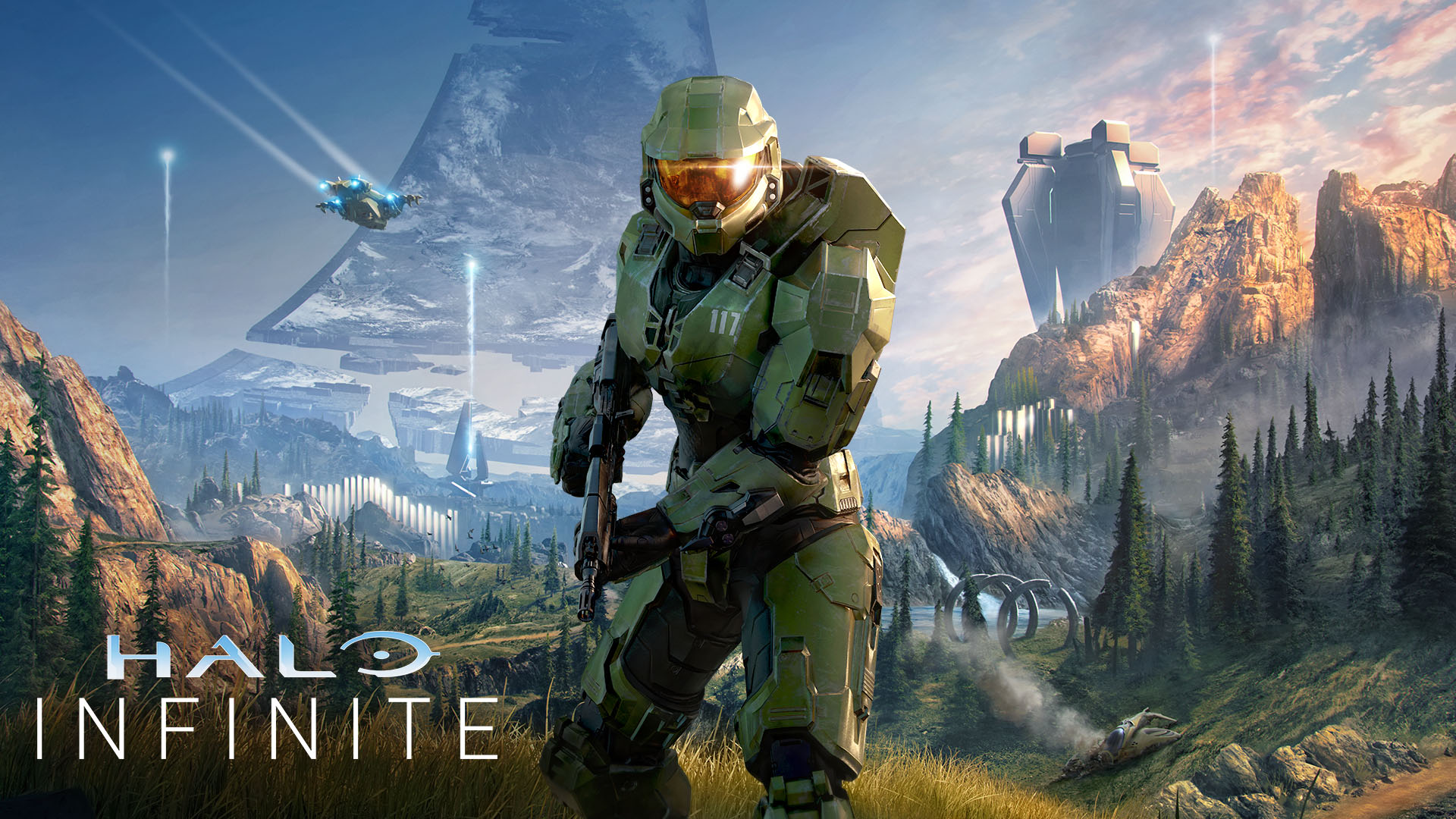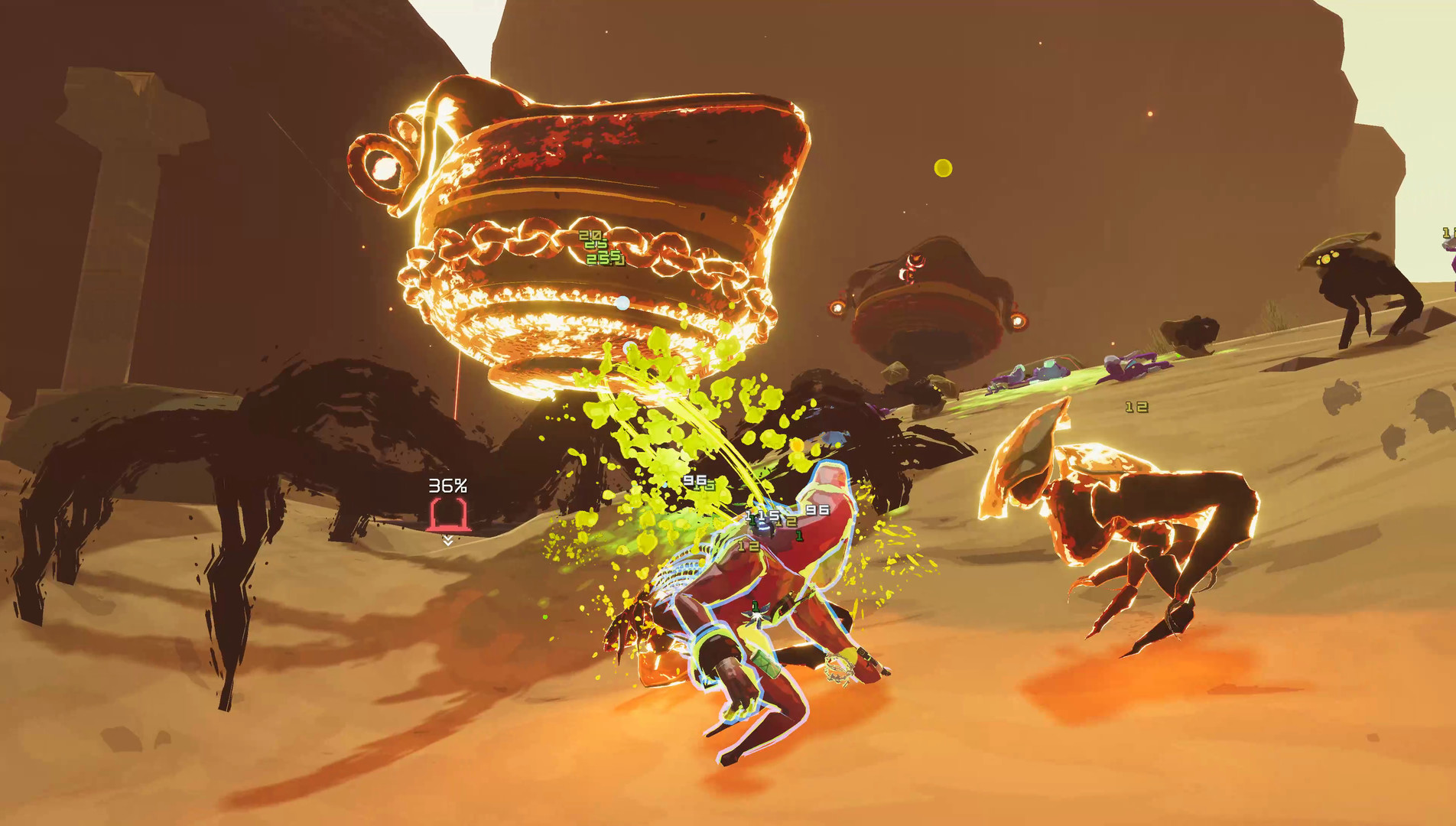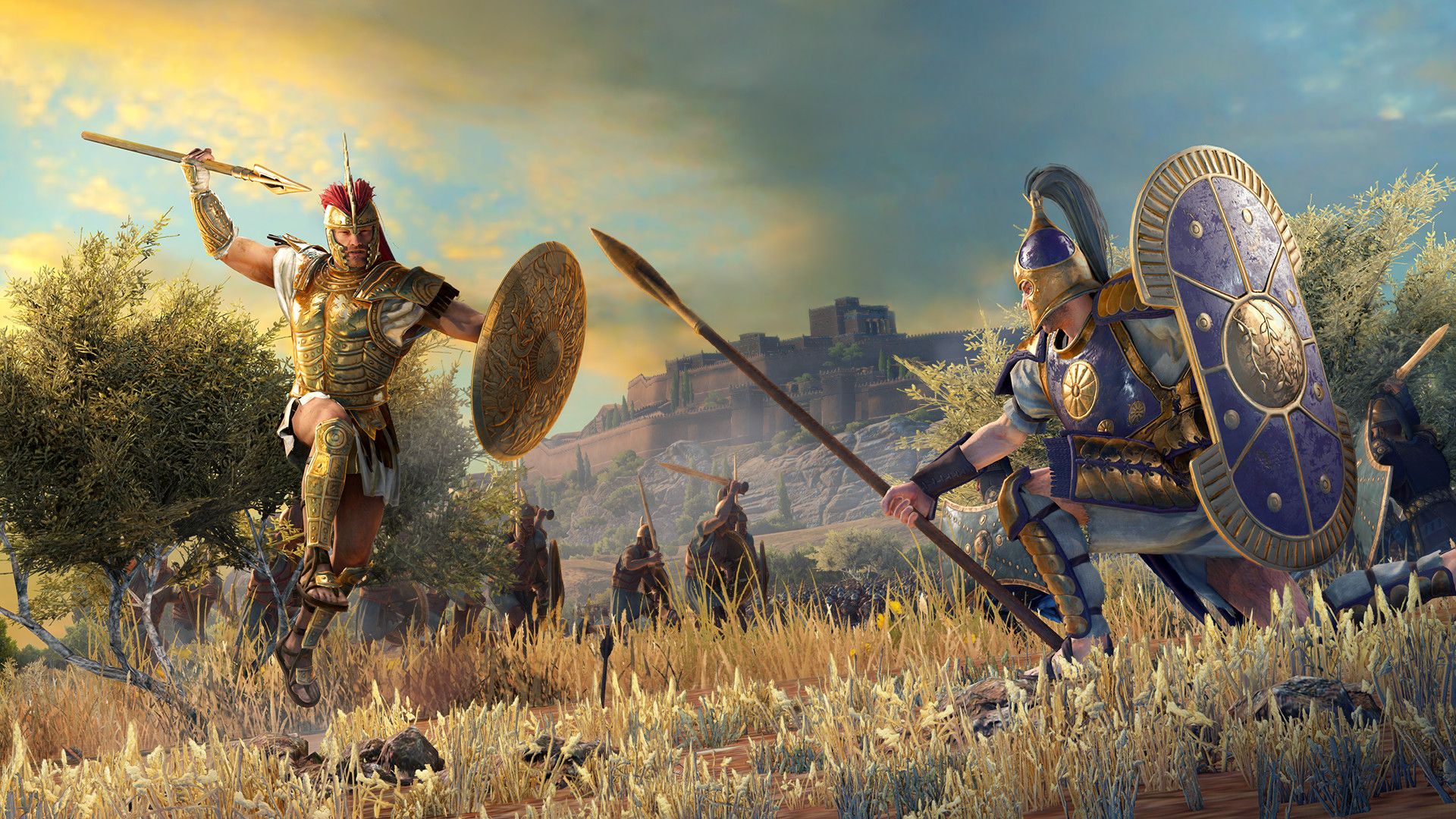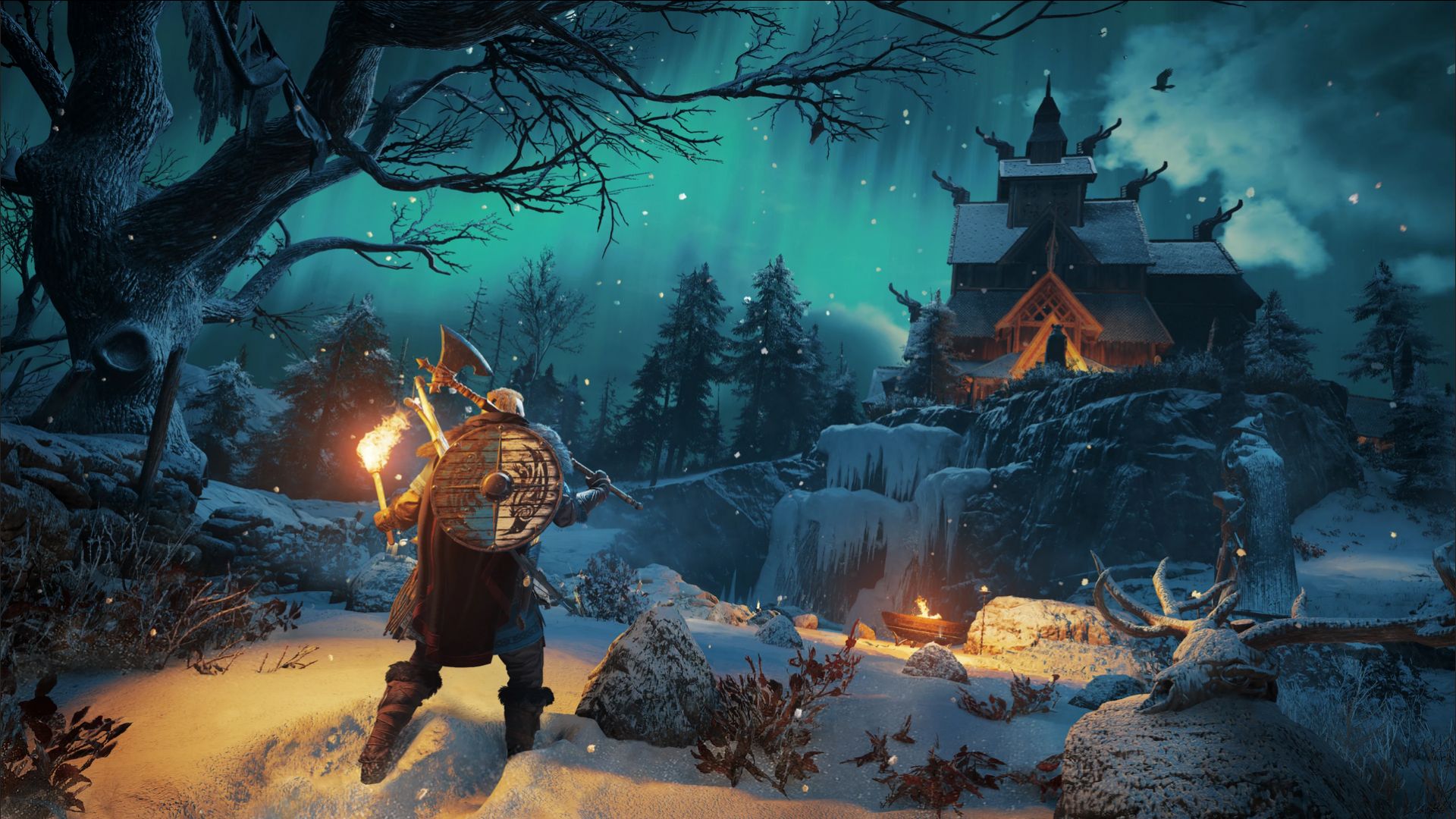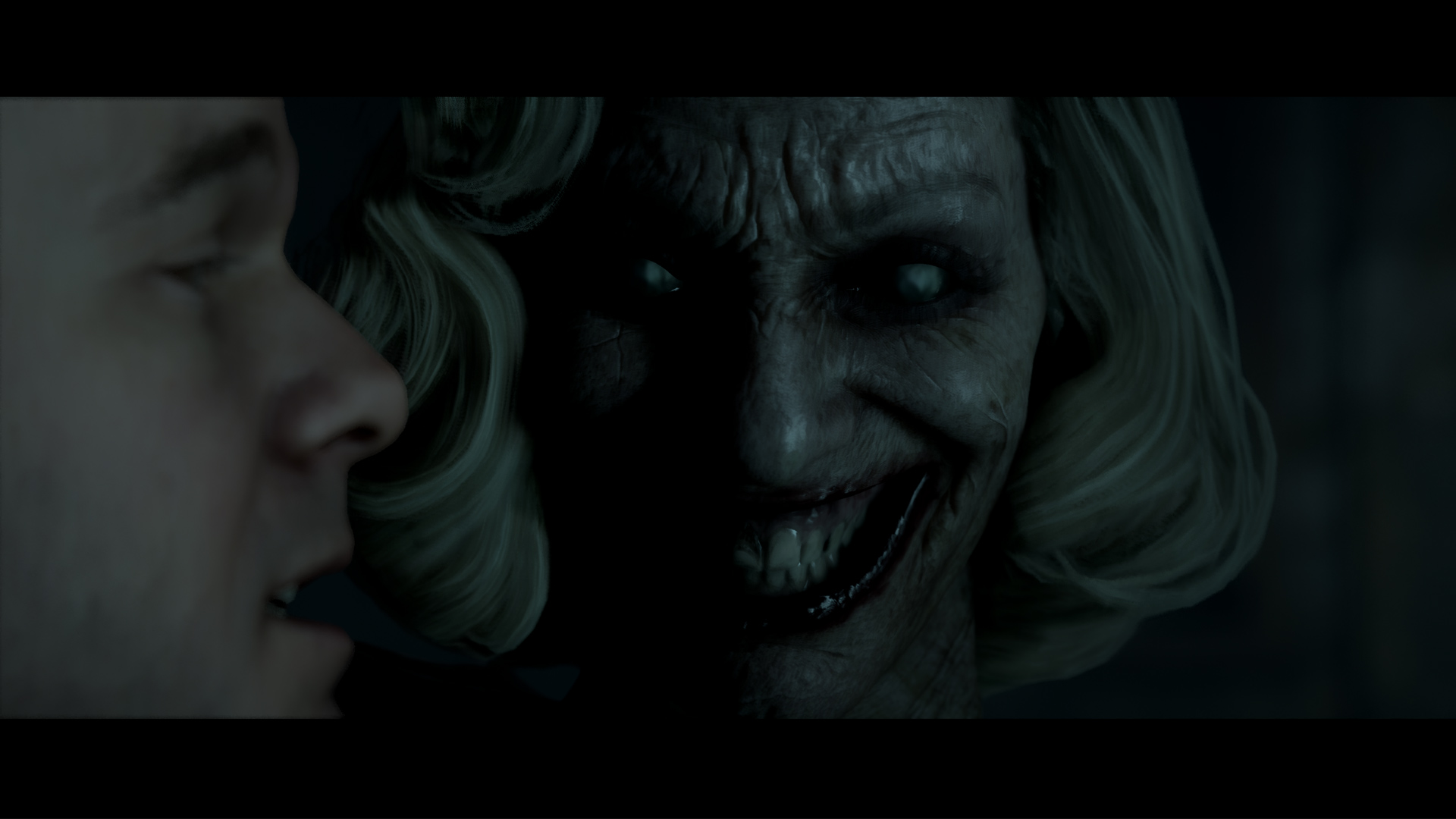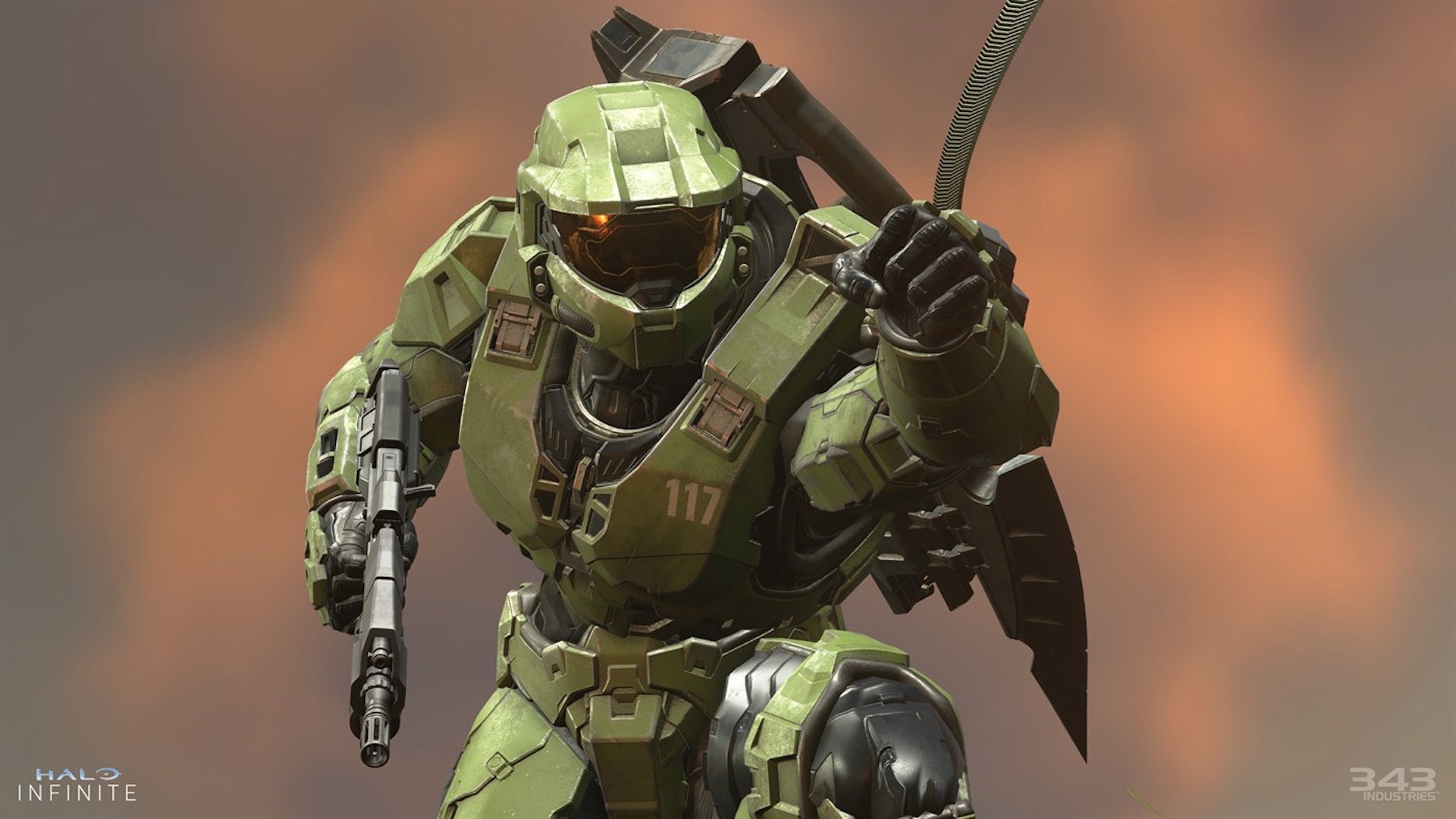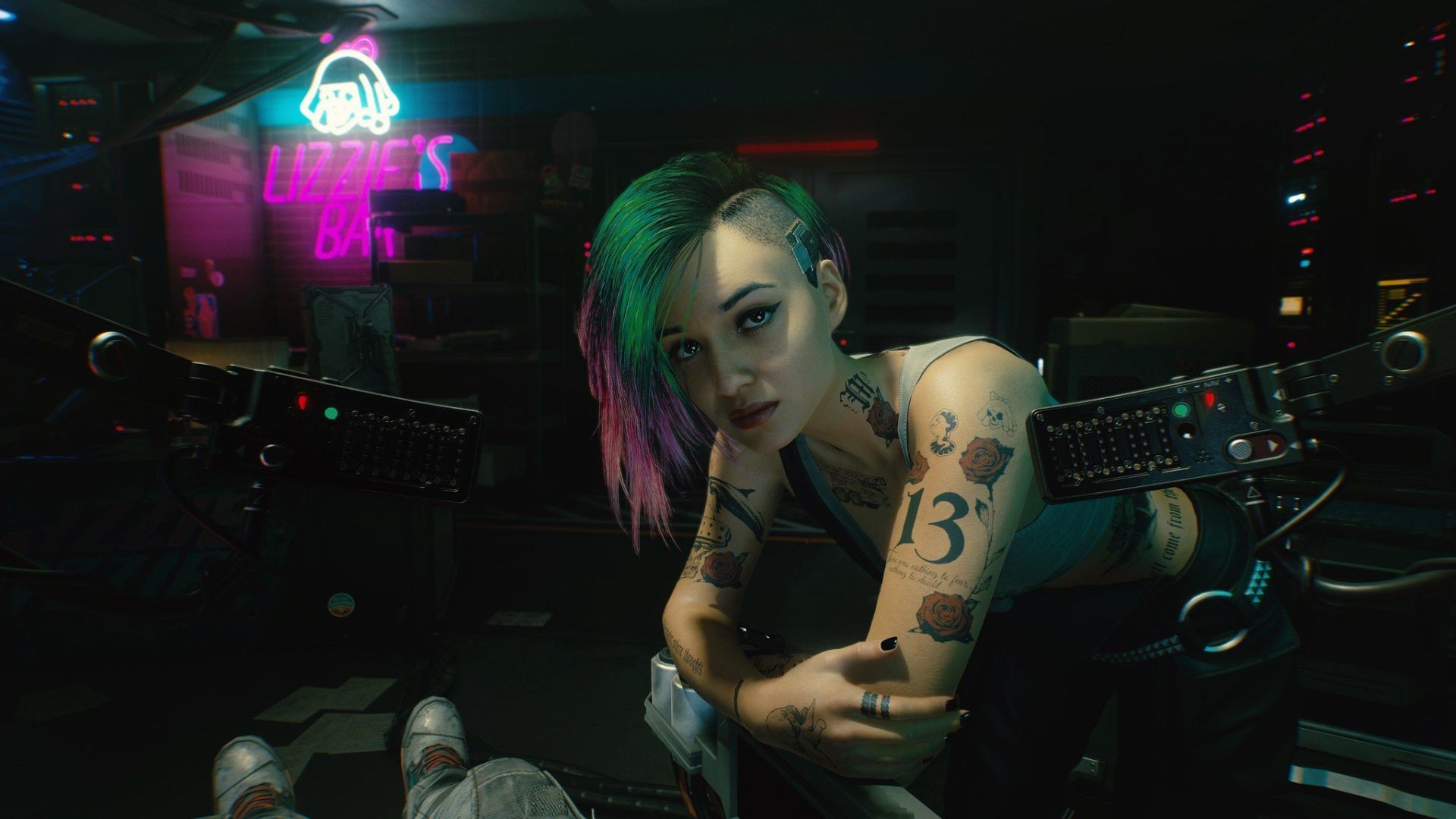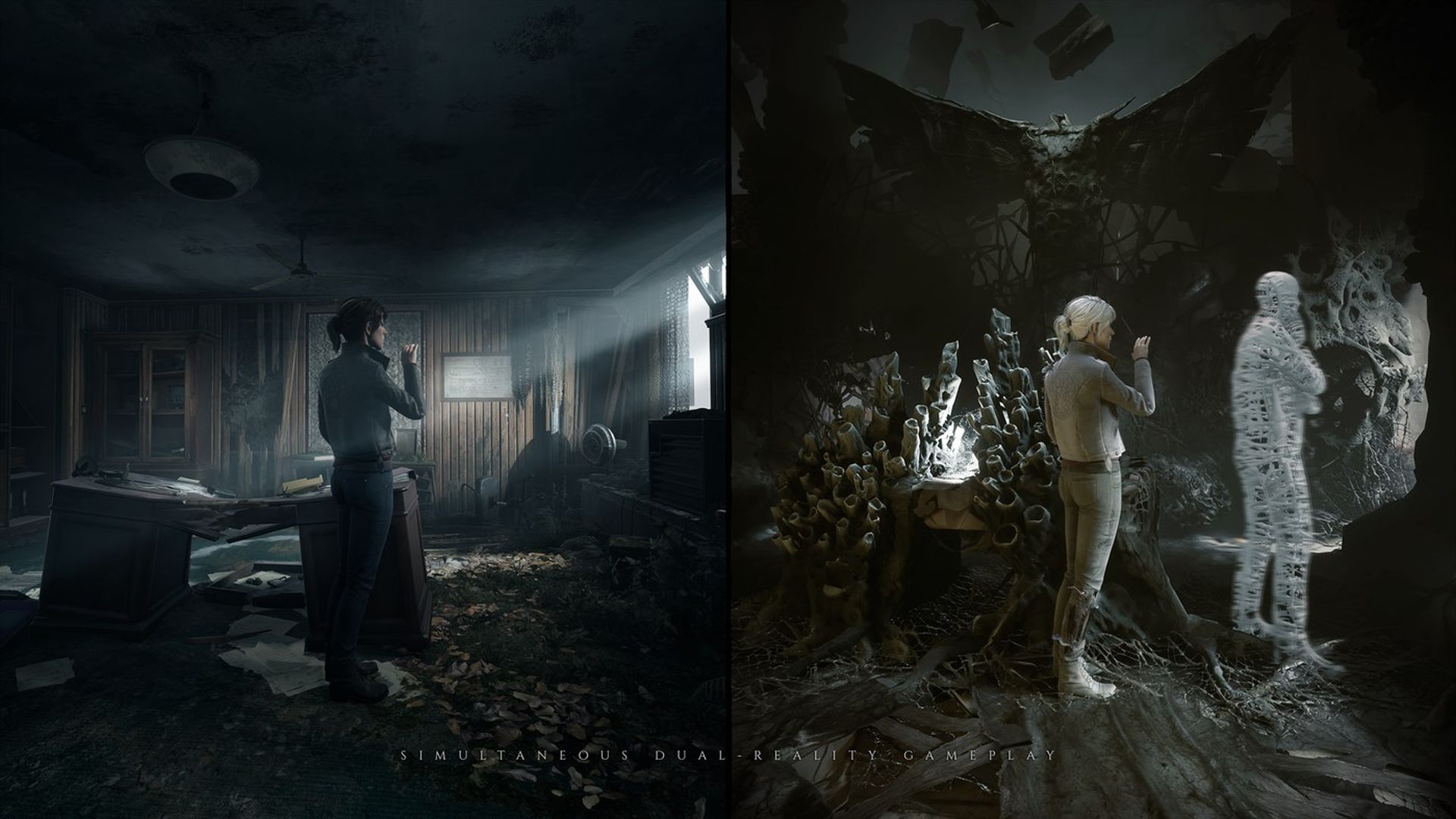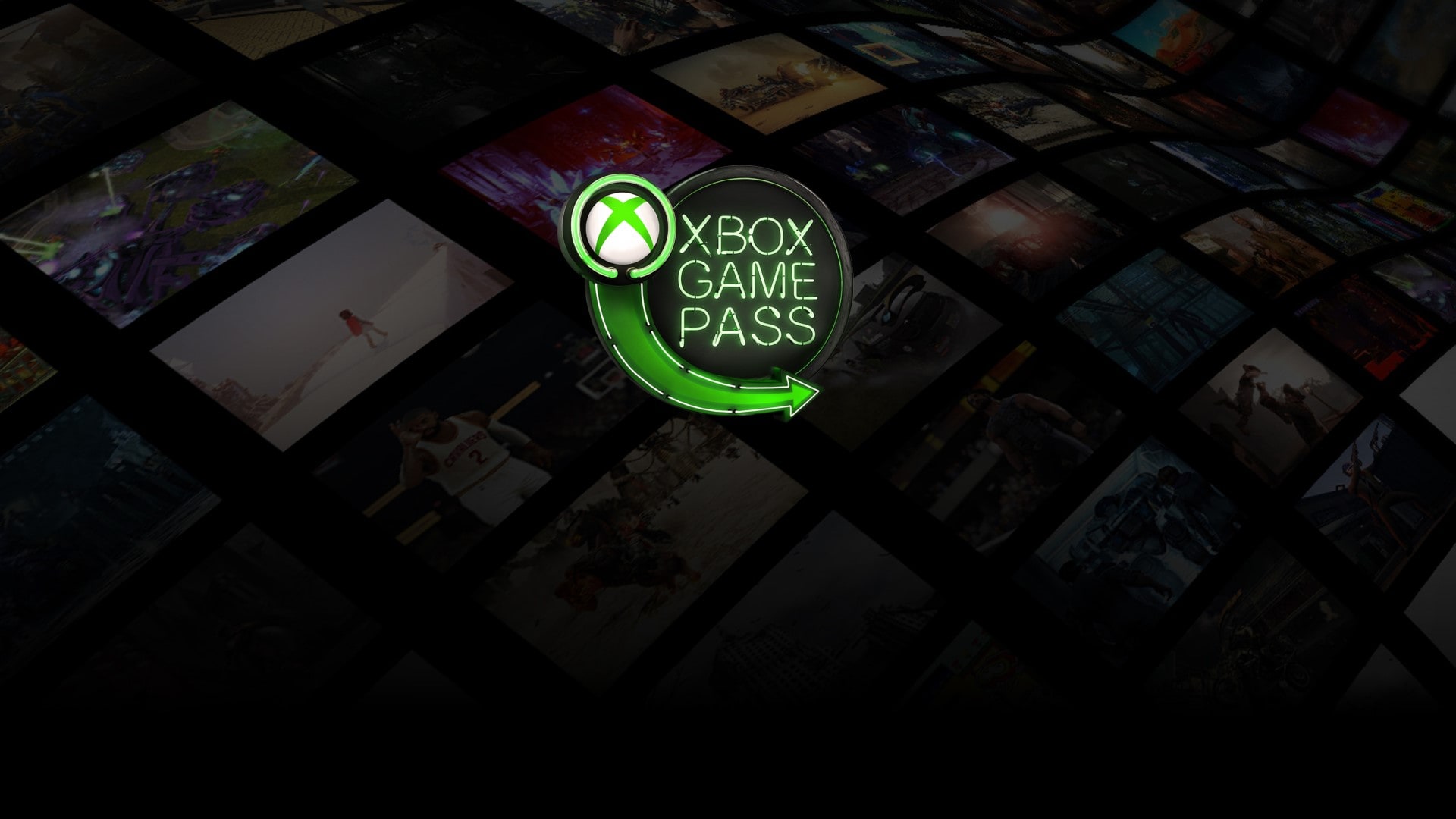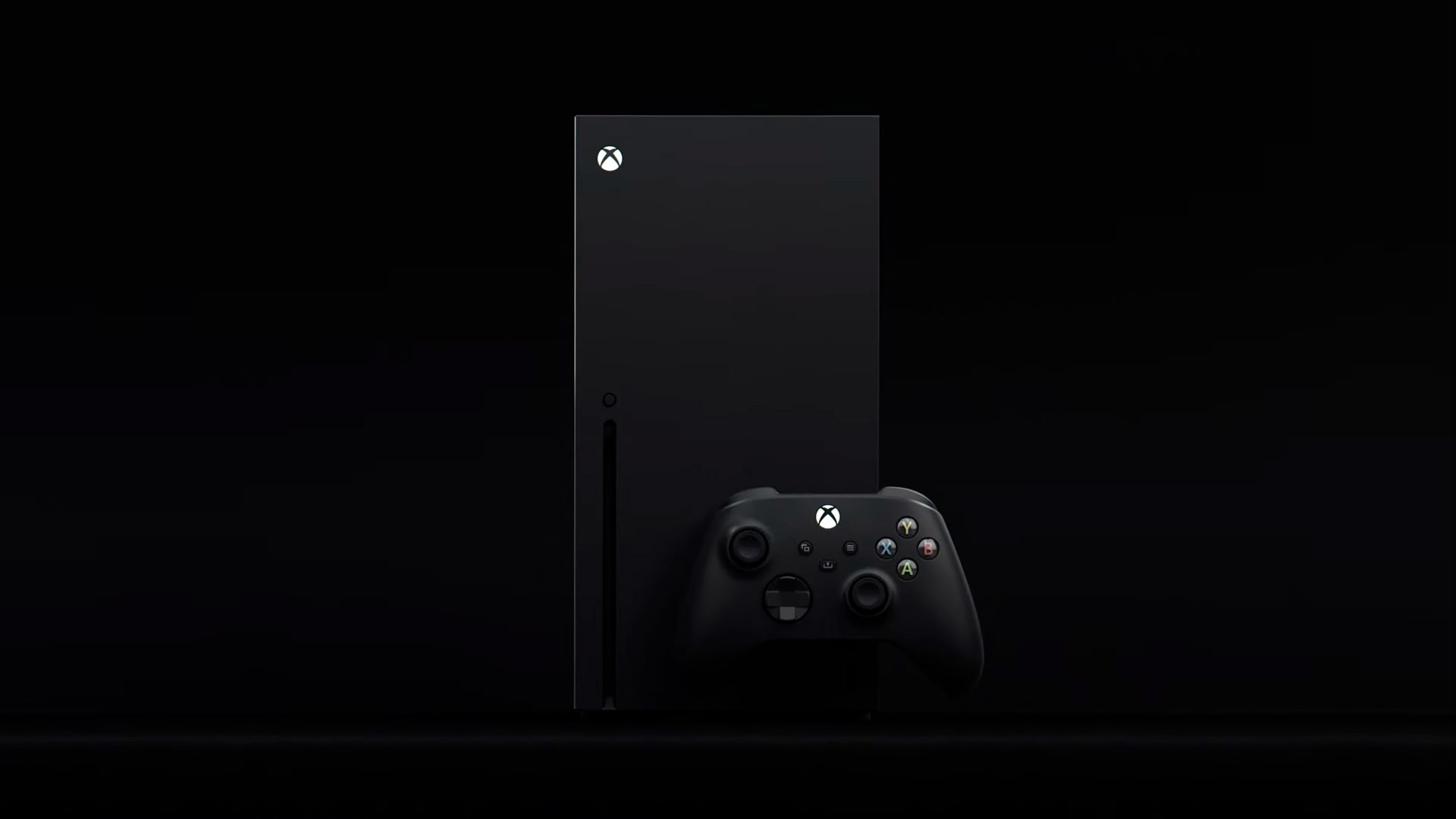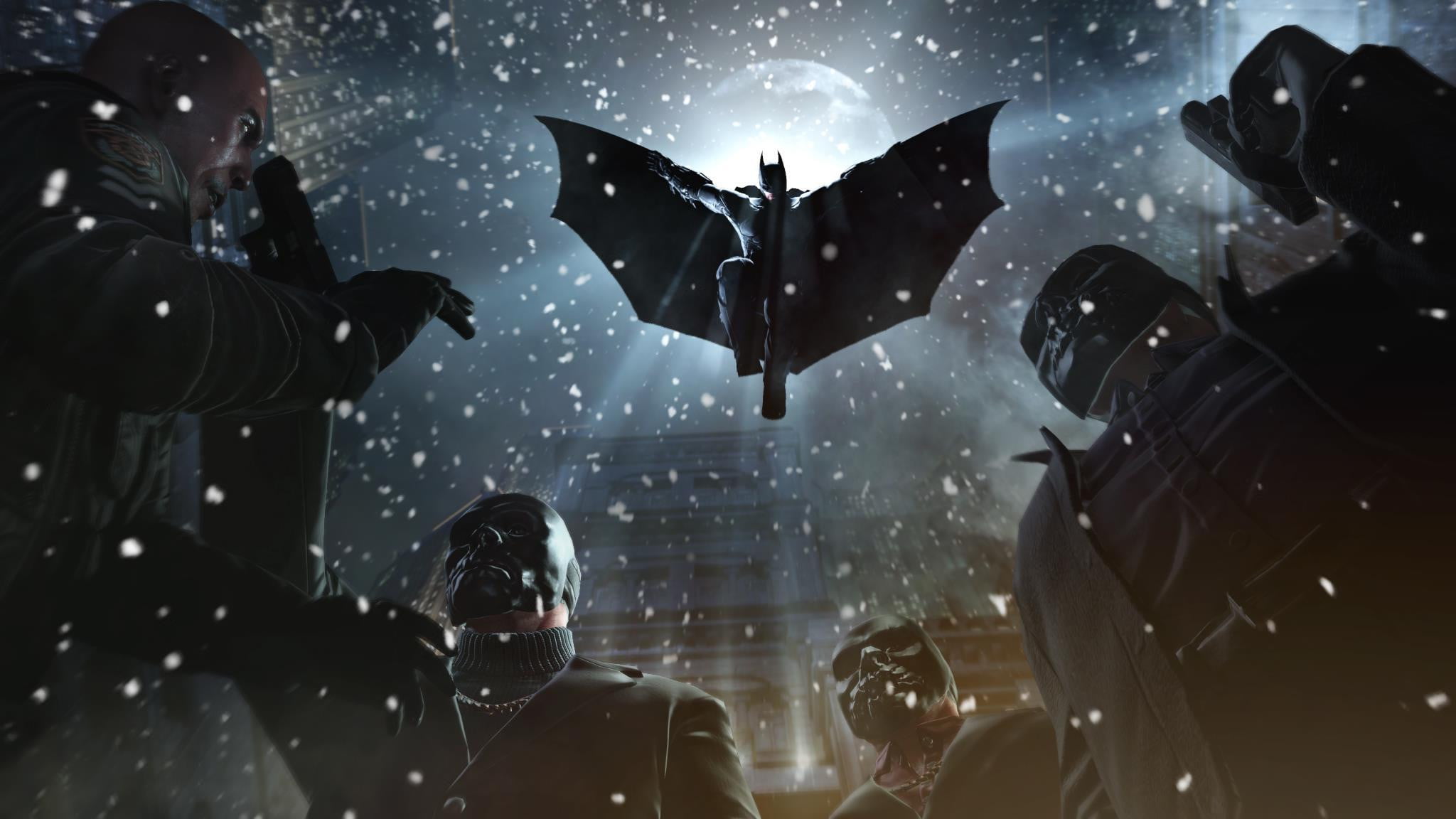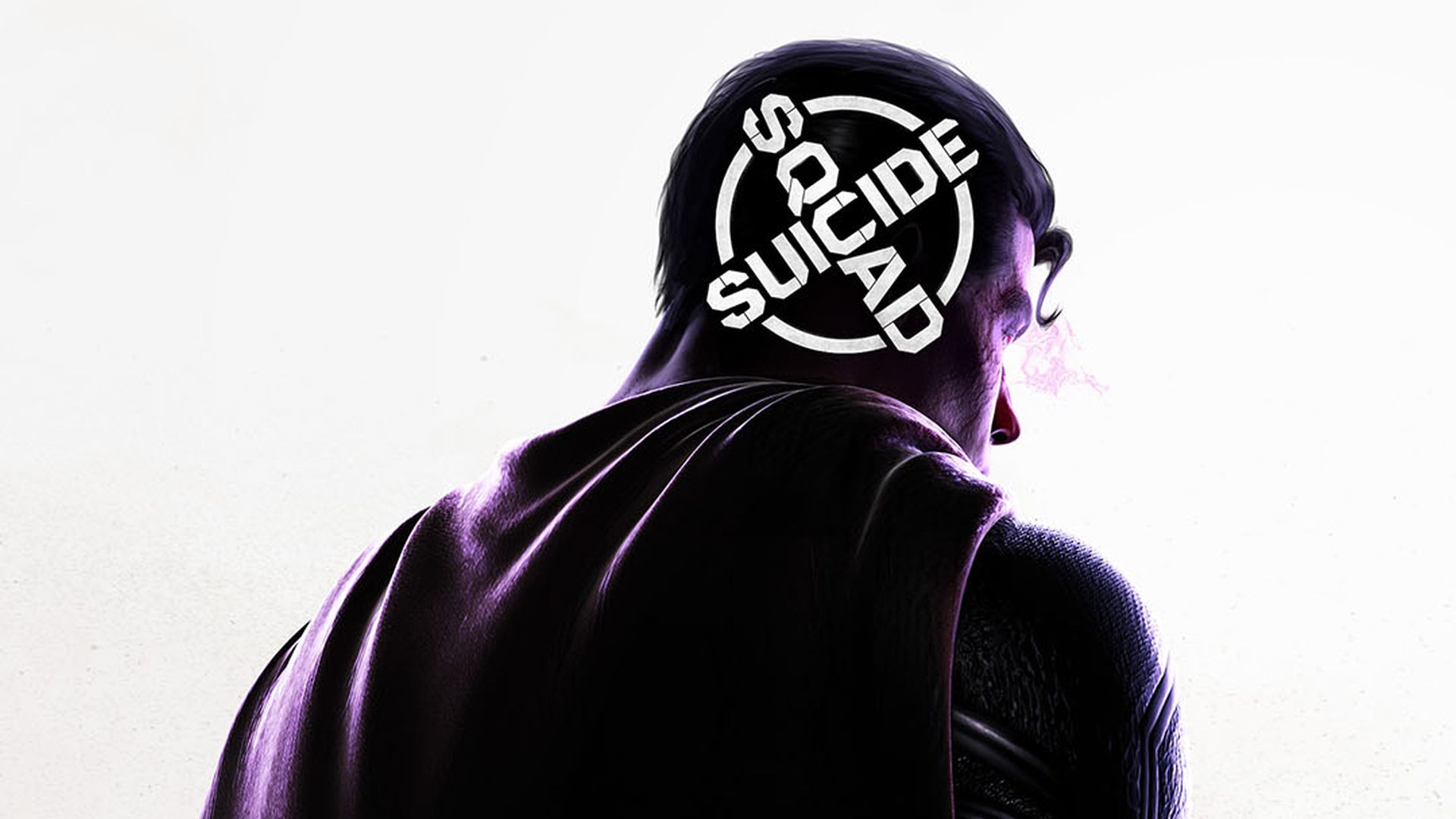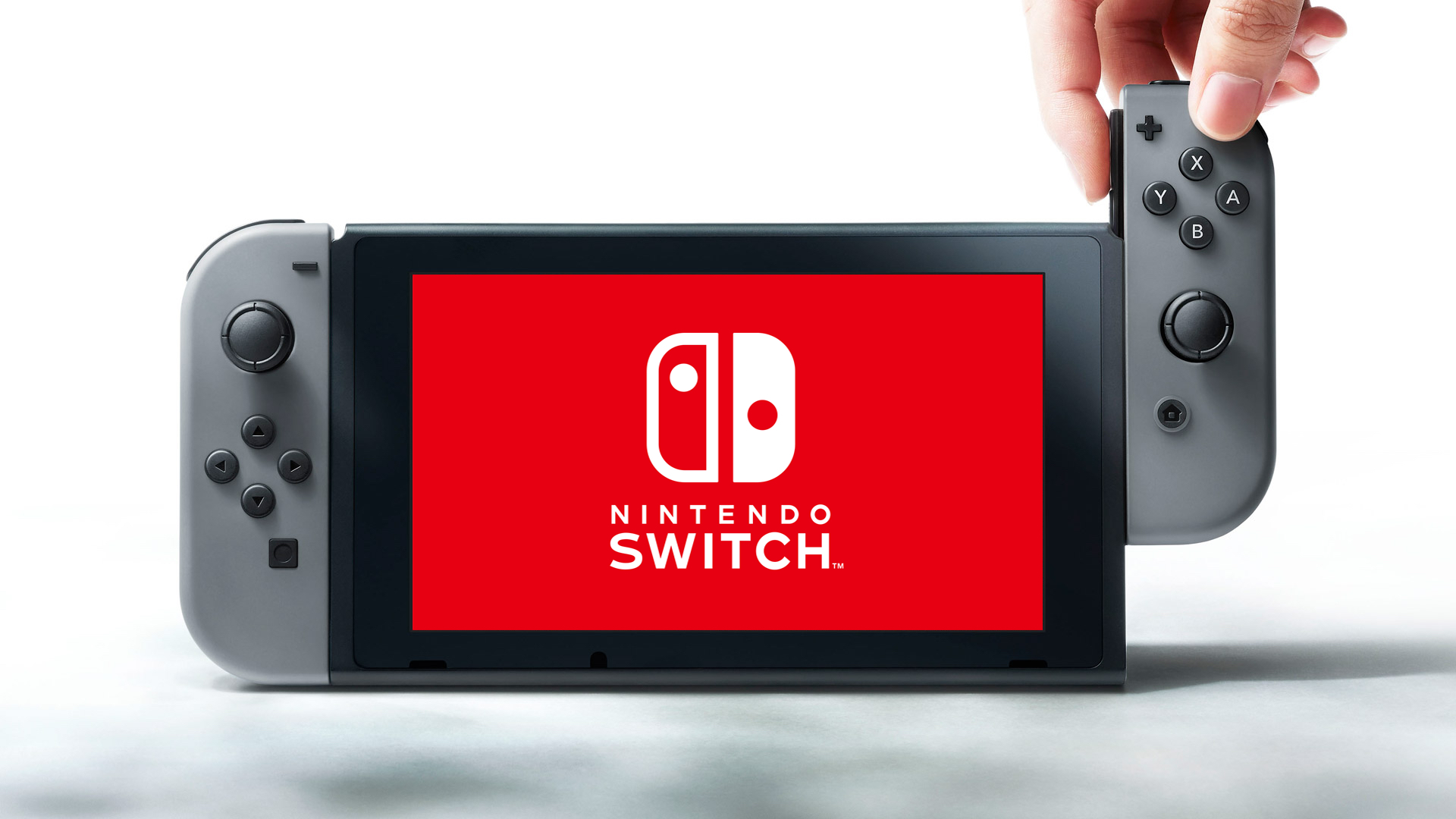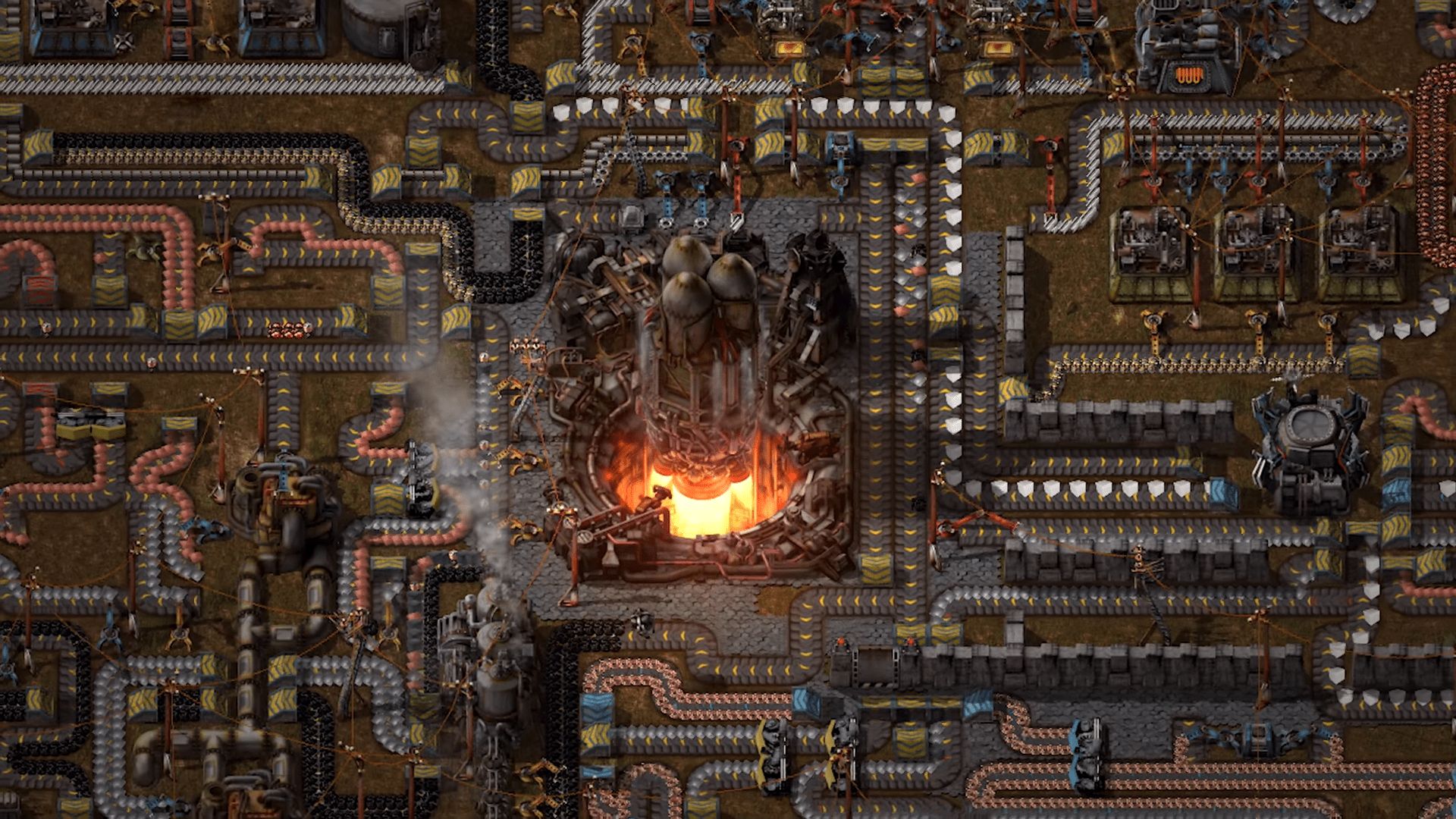The delay of Halo Infinite, which 343 Industries announced earlier this month, was a pretty momentous development. Not only was it the culmination of what, by all accounts, has been a turbulent development cycle (with that being self-evident during the game's less than stellar showing at the Xbox Games Showcase), but it actually has some significant implications for the Xbox Series X launch, still scheduled for November this year, as well.
But that's not really what I want to talk about here, because we've covered it elsewhere – and I do encourage you to go read that if you want to see what we think about that. But the thing with a game as significant as Halo Infinite is that whatever repercussions and consequences it has will be far-reaching. So not only does this delay have implications for the future of the game itself, the Halo series, and the Xbox Series X launch, but it also reveals something extremely interesting about Microsoft and Xbox Game Studios – an interesting facet that should prove to be a major factor as the upcoming next generation progresses.
You see, the long and short of it is that delaying Halo Infinite, but not the Xbox Series X, may have doomed the Series X to a poor launch. This, I hope, is not a controversial statement. The Xbox Series X is currently due to launch without any flagship launch game (the closest would be The Medium, I guess), to the extent that the key PR point in the press release confirming Microsoft's intent to stick with a November launch wasn't about the Series X launch lineup at all – it was that the console can play "thousands of games via backward compatibility."
No key launch title, mixed with a likely high price, and some perplexing messaging so far, means that the Series X may get off to a slow start, a slow start that could easily have been avoided had Halo hit the date. But Microsoft chose to delay it anyway – and that, I think, is the most encouraging sign we have had from them in a very long time.
One of my key criticisms about Microsoft has always been their lack of commitment to games as a medium, which has reflected in the quality of their titles too. Microsoft has so often almost felt like it treats games as a business first, and a creative endeavor second. And while every company is obviously in the business to make money, the issue with Microsoft has often been that it has compromised the games for the sake of the business. Whether it be releasing games well before they were ready (such as Halo: The Master Chief Collection or Halo 5: Guardians), forcing in specific things into each game that they may not be suited for, because of company-wide business mandates, such as the Kinect being their key focus for a few years, the inclusion of the TV stuff in Quantum Break, the attempt to try to shift a singleplayer RPG franchise like Fable towards a live service game, the inclusion of microtransactions in Halo 5, and so on. Obviously, this has impacted the quality of their games – how could it not, when you are forced to release a game that is a compromised form of your creative vision for it due to business considerations?
Business considerations would dictate that Halo Infinite meet the Xbox Series X launch. I've already explained why – because without Halo, it's very likely that the Series X will have a rough few months. A Microsoft still primarily concerned with its bottom line would have ensured Infinite launches this Holiday by hook or by crook – whether this meant releasing it in a half-baked state (which, going by the reports of the game not having raytracing at launch, or even Xbox head Phil Spencer's own recent admission, was something that was considered) or enforcing severe crunch to hit the deadline no matter what.
But Microsoft chose to delay Infinite, which is the single worst decision they could have made from a business perspective – but also the best possible decision they could have made if their intent was to ensure Halo Infinite comes out the best possible game it can be. And I think that's notable, because this may – may – indicate a shift in the broader mindset at Xbox now.
One of the reasons Nintendo and Sony's first parties have thrived like they have is because of the almost complete creative freedom those developers get. While they are obviously making commercial products, the developers at least get to work on creative endeavors that they are passionate about without being hamstrung by company-wide mandates. It's that respect for the creative freedom of their top talent that has made Nintendo (and now Sony) able to sell their hardware on the basis of their own software, a respect for creative freedom Microsoft has, so far, lacked. But this might be the first sign that things are changing, that Phil Spencer and co. are once again willing to actually walk the talk, and put their money where their mouth is.
Like I said, though, it may. And the reason I'm not willing to make a more declarative statement yet is that we need sustained follow-through from Microsoft. They have seemed to be on the cusp of doing the right thing so many times before, but basically dropped the ball after a bit, because they're not getting immediate results. But the thing is, you don't get immediate results from things like these, they're long term plays. You need to nurture goodwill and trust from your players over a period of years before finally they'll be willing to have faith in you. It took Sony the entire lifespan of the PS3 to get there – and they had every reason to stop much earlier on, given that so many of their attempts back then were misfires. But they persisted, and here we are now as a result.
That's what Microsoft needs to do. And it remains to be seen whether or not they will. But at the very least, we can definitely say that this Halo delay is a great move – and hopefully, just the first in a long line of similar moves emphasizing the game over the business, to come.
Note: The views expressed in this article are those of the author and do not necessarily represent the views of, and should not be attributed to, GamingBolt as an organization.
Risk of Rain 2 Review – One More Run
If you're a fan of roguelikes, chances are you've very familiar with Hopoo Games' 2D sidescrolling shooter Risk of Rain. Developed by a tiny team with large ideas, the game came out in 2013 and immediately endeared itself to roguelike lovers, and common wisdom suggested that a sequel – if one was ever made – would be bigger, better, and more of the same. Risk of Rain 2 is certainly bigger and better, but it's also quite different. As opposed to its predecessor's 2D sidescrolling trapping, Risk of Rain 2 is a fully 3D game that puts you in large, desolate environments- but at the same time, it captures the greatest, most addictive strengths of the first game.
Risk of Rain 2 had been in early access for nearly a year and a half before its recent 1.0 launch, so it being as good as it is is not a surprise to great many people anymore. Combining a steady progression, chaotic combat, enjoyable exploration, and excellent enemy design, Risk of Rain 2 delivers a power fantasy that is immediately alluring, and doesn't take long to sink its teeth into you. You might jump into it in the first time expecting to try it out for a couple of runs to see what all the fuss is about, but by the time you stop playing, you'll find yourself staring wide-eyed at your screen well into the young hours of the next morning.
"Combining a steady progression, chaotic combat, enjoyable exploration, and excellent enemy design, Risk of Rain 2 delivers a power fantasy that is immediately alluring, and doesn't take long to sink its teeth into you."
In Risk of Rain 2, you start every run as a woefully underpowered, under-equipped survivor, dropped into a desolate, alien land with no knowledge of where you are or what's going on. You can, if you want, try to decipher what's going on by poring over the game's surprisingly engaging lore, which you discover more of as you play more and more- but that's more of an ancillary bonus. What will immediately reel you in is the power progression.
Risk of Rain 2 is really all about the loot. For every enemy you kill, you get a little bit of currency, and the stronger the enemy, the more currency you get. There are very few moments of downtime where you're not blasting away at large scores of bizarre alien creatures, which means you're almost always rolling in dough. What you spend all of that cash on is, of course, loot, with many crates, kiosks, and boxes scattered across the map that give you various pieces of loot for different prices. As you fight and kill enemies, you gain more XP and level up, but the meat and potatoes of the progression is in the loot.
These items are without the shadow of a doubt the best part of the game. From the ordinary – like giving you a higher chance of getting enemies to bleed upon hits, or letting you regenerate some health with every kill – to the tactical – like giving you a temporary barrier every time you kill an enemy, or armour-piercing rounds that deal additional damage to bosses – to the bombastic – like making enemies explode when they die to deal AoE damage or firing chain lightning – to the passive – like increasing your movement speed or the speed at which your health regenerates – there's a vast, mouthwatering variety of items here.
"Risk of Rain 2 is really all about the loot."
Given how many items there are, and the fact that you get them on more or less a random basis, Risk of Rain 2 staves off repetition from creeping in, and each run feels dynamic and unique. What helps is that all items are stackable. The game doesn't get bogged down in making sure that you don't get unfairly overpowered- it knows that the lion's share of its enjoyment comes from letting you stack item upon item to build yourself up to epic proportions, and completely transforming yourself into an absolute behemoth with all of your loot.
Of course, that doesn't mean that Risk of Rain 2 is a cakewalk. It smartly ensures that all of your runs are still challenges at all times with a simple yet effective system- difficulty is always gradually increasing. Every second that passes sees the difficulty going up, which means enemies scale at a flat rate, independent of whether or not you have any good loot, or whether or not you've stacked any of it. As such, the onus of finding loot and making a strong build is on you.
At the same time, you have to find the right balance between spending time to look for better loot and getting to the end of a stage as quickly as possible. There are certainly benefits to taking your time exploring an environment, finding secrets, killing enemies, and netting cash- you can head into the next stage equipped with great loot. But at the same time, the more time you take, the more difficult the game gets, which means you always have to ensure that you're never taking too much time- but also that you're not rushing through, because rushing through will most likely mean that you don't have great loot.
"The game doesn't get bogged down in making sure that you don't get unfairly overpowered- it knows that the lion's share of its enjoyment comes from letting you stack item upon item to build yourself up to epic proportions, and completely transforming yourself into an absolute behemoth with all of your loot."
Enemy variety is another way Risk of Rain 2 challenges and surprises you. As the difficulty increases and you progress through the stages, you encounter more and more enemies, and some of the later ones are an absolute joy to fight against. Equipped with unique attacks, different and unpredictable movement patterns, and often absolute oodles of health, they serve as the perfect foil for the game's action, and contribute to its chaotic and bombasitc nature significantly.
Things can sometimes get a little dull or repetitive, especially if you play solo. Looking for teleporters in every stage can be a bit tedious at times, while in the early goings of every run, the action can be a bit bland as compared to later on when you're powered up, decked out with ridiculous loot and fighting against hordes of mighty enemies. While that can be an issue at times, thankfully, progression in Risk of Rain 2 is so fast and so varied that those issues never stick around for too long.
Environments in Risk of Rain 2 are also instantly compelling. The game obviously isn't a technical marvel, but the art style it employs helps it achieve a very distinct and striking look. That style, combined with some gorgeous vistas – that you will really appreciate if you get the chance to look at them amidst the explosive action – give every location in the game a sense of mystery and desolate beauty. There's also a decent bit of variety here, from arid deserts and fiery hellscapes to frozen wastelands and green hills. Together, the game's low-fi music, its environments, and its art design give the game a great deal of atmosphere.
"Environments in Risk of Rain 2 are also instantly compelling. The game obviously isn't a technical marvel, but the art style it employs helps it achieve a very distinct and striking look."
Risk of Rain 2 has a very acute understanding of what makes roguelikes fun. It's progression is fast and rewarding, which means you always feel like you're working toward something meaningful. Its loot is varied and impactful, which means it's actually worth investing in and seeking out. Its enemies are formidable and and attack you in droves, which means fighting against them is always a joy, especially when you fight them in numbers. Risk of Rain 2 has that crucial "one more run" quality that the best roguelikes need to have, and offers a deeply compelling and addictive experience that proves that Hopoo Games can make a good roguelike regardless of what it looks like.
This game was reviewed on PC.
A Total War Saga: Troy Claimed By 7.5 Million During Free Period On Epic Games Store
Yesterday, we got a new entry in Creative Assembly's beloved Total War series with A Total War Saga: Troy. The game is one of the saga side games from the franchise that sees you playing through the part mystical, part grounded Trojan War. It also came with the unprecedented move with Sega giving the game away free of charge for the first 24 hours after launch. And well, hopefully it was a success for all parties involved, but at the very least a lot of people claimed it.
As reported by Eurogamer, the game was claimed by 7.5 million people during its free period on the Epic Games Store (which the game was released exclusively on).
"We were optimistic but we couldn't have predicted this level of excitement," Rob Bartholomew, chief product officer said. "It's been incredible to work with Epic on giving this brand new release away for free. Now we get to welcome so many strategy players – new and old – to experience this incredible Saga. We're very happy."
We heard from the developer yesterday that the game had been downloaded over 1 million times, which was already impressive, but over 7 times as many people have the game in their account now, which is quite something.
A Total War Saga: Troy is no longer free, so you missed the boat there if you didn't get to it in time, but it is still available on PC via the Epic Games Store. You can check out the requirements through here.
Assassin's Creed Valhalla's Creative Director Has Been Fired
This holiday season, we will once again get to jump into the Assassin's Creed franchise with a new game, which, of course, entails a new setting and era of history to explore. This time it's the viking era of in 9th century Britain, with your choice of a male or female viking named Eivor. But not everyone who set sail with the game will be landing ashore with it, as a major figure in the game's development has been seemingly been removed from the company.
As reported by Bloomberg, the game's Creative Director, Ashraf Ismail, has now been officially fired from Ubisoft. This comes after news just over a month ago that Ismail had stepped down from his position.
"As a result of investigations, Ashraf Ismail has been dismissed from Ubisoft and is no longer an employee," an Ubisoft spokesman said.
This move comes as multiple allegations have been leveled at Ubisoft, which have seen several other higher ups in the company being fired or resigning. Ismail was known for being in directing positions for other previous games in the series, Origins and Black Flag, and Valhalla was seen as something of a grand return for him. But it seems now he'll no longer be there at the finish line.
Assassin's Creed Valhalla will release November 17th for PlayStation 4, Xbox One, PC, and Stadia, with PS5 and Xbox Series X versions to come at an undetermined date.
The Dark Pictures Anthology: Man Of Medan Has Sold Over 1 Million Copies
Last year, the team at Supermassive Games and publisher Bandai Namco embarked on an ambitious journey with an anthology series, dubbed The Dark Pictures Anthology, of multiple smaller titles, with each spanning a different setting and genre of horror. They would follow the same format and gameplay structure of the developer's very successful Until Dawn, of a narrative-driven choose-your-own-adventure game. Well, it seems at least the first entry in the series, Man of Medan, managed to make a mark.
As reported by GamesIndustry, Bandai Namco have confirmed that Man of Medan has managed to sell over 1 million copies. No breakdowns were given for platforms or digital vs physical, but it seems a respectable number and a nice start for the series. Bandai Namco's Hervé Hoerdt spoke well of the game, saying that they think it will become more successful with time as more volumes of the anthology come, such as the upcoming Little Hope, the second game in the franchise.
"It's tricky to make people understand it's an anthology when you have only one volume," he said. "This is why we're looking so much forward to the release of the second one and then be able to start discussing potential new volumes, because you need to ground this 'anthology' wording. Anthology doesn't mean anything when you have only one box on your shelf, or one digital game in your library. Each volume will grow the audience.
"There's a lot of ambition for us in this series. There are some regions where we think we can please some more fans, namely in the US and in Asia. I think there's room for growth. The quality of the execution and the experience, [as well as] the genre, make us think that there is more potential."
Man of Medan is available now for PlayStation 4, Xbox One, and PC. It also became available on Xbox Game Pass for Xbox One this month. The next game, Little Hope, will release on October 30th for all the same platforms.
Halo Infinite Delayed – What This Means for the Xbox Series X Launch
343 Industries' Halo Infinite has been delayed. Some would say it was inevitable, given the lack of information about the title before the Xbox Games Showcase, not to mention the demo itself which was confirmed to be an older build. It's almost interesting to look back on Phil Spencer's earlier statement about how any potential delay for Halo Infinite wouldn't impact the release of the Xbox Series X. Sure enough, it hasn't and Microsoft is surging ahead.
We know that Spencer and the rest of the leadership at Xbox Game Studios and 343 Industries chose to delay the title rather than release it in parts. We also know that the Xbox Series X is releasing in November (November 6th, if the leaked warranty for controllers is to be believed). What could the impact of Halo Infinite's delay be on the console's success?
Right out of the gate, Microsoft will be struggling. The launch of a new console generation depends on several key factors. Perhaps the least important is price because the most important is brand loyalty. "Brand loyalty" covers quite a bit, especially how likely your audience will choose your brand over another. The higher the brand loyalty, the more likely your customers are to become early adopters of a new piece of hardware. Games are an important factor, but even if the PS5 wasn't packing a ton of different games at launch, you can bet it would still be purchased in overwhelming numbers over the Xbox Series X.
Sony has been making some pretty big moves in terms of marketing deals but they're not just meant to sell the hardware. As we've established, the hardware will sell itself regardless. Having titles like Marvel's Spider-Man: Miles Morales, Astro's Playroom, Deathloop and Kena: Bridge of Spirits is for the sake of selling software. No single game is looking to be a system-seller but the popularity of the system will turn these games into major successes. This is one reason that companies like Bethesda have signed timed-exclusive deals with Sony – it knows that the initial rush of next-gen console sales at launch will feed into software sales for its games.
What about deals like Spider-Man in Marvel's Avengers or GhostWire: Tokyo which will be available after launch? Marketing agency Experience 12 surveyed 3000 individuals in the UK and found that 37 percent planned to buy a next-gen console at launch. However, 9 percent are expected to buy one within the first month while 12 percent will pick one up within three months. A hefty 26 percent will purchase one within six months of launch. The console of choice among 84 percent of individuals? The PlayStation 5, compared to 15 percent for the Xbox Series X. It also doesn't help that 59 percent prefer the PS5 over the Xbox One, which garnered 16 percent of the votes.
That brand loyalty for Sony also extends to third party releases that have deals with Microsoft and Xbox Series X. The most anticipated release as per the survey is Cyberpunk 2077. This means that a good chunk of players will pick up Cyberpunk 2077 for PS5, despite a lot of the marketing tying into Xbox.
Halo Infinite, by comparison, is in fifth place behind titles like Marvel's Avengers, Tony Hawk's Pro Skater 1 + 2 and Dying Light 2. So while Microsoft did have a fairly big horse in the next-gen console launch race, that's now gone with the delay. More worrying is the possibility that it could release outside of the six month window when next-gen console sales will arguably be the highest.
This isn't to say that it won't sell well when it eventually releases but the numbers likely won't be anywhere near what could have been possible at the console's launch. One also has to factor in the free to play element. Multiplayer has also been delayed so any potential revenue that could come from this is also out the window for the time being.
One could argue that the brand loyalty for Halo is strong, if not stronger than that for Xbox and fans will happily wait to play the game, whether it's on Xbox One or Xbox Series X. That's all well and good in the long run. In the short term however, the Xbox Series X will face some struggles – after all, it's already at a disadvantage when it comes to brand loyalty versus Sony.
Xbox Game Pass is a major part of Microsoft's next-gen strategy and it's indicated plans to lean into it further. Spencer promised that there would be "really great" announcements coming to the service in the coming weeks. The plan has always been for the long-term and to be fair, in Microsoft's fiscal year 2020 report for the fourth quarter, the revenue of Microsoft's gaming segment grew by 64 percent to an impressive $1.3 billion. In the quarter before that, it was confirmed to have 10 million subscribers on Game Pass.
However, the company also admitted that Game Pass isn't raking in the most cash for it. Given interest in the Xbox Series X and current trends, it may see itself getting another five million subscribers at best. Contextualizing this in terms of potential Xbox Series X sales is difficult. That's because outside of, say, The Medium, pretty much every game that Microsoft has hyped up for launch is also coming to Xbox One.
Sony's focus with the PS5 has been the hardware and how it's the place to be for high-profile exclusives. The messaging is incredibly clear: If you enjoyed exclusives on the PS4, then you're going to enjoy even more on the PS5.
On the other hand, Microsoft has been somewhat floundering in its messaging. It's hyped up its cross-gen approach and promised that all major exclusives will be coming to Xbox One and Xbox Series X. It then did a 180 of sorts at the Xbox Games Showcase and featured a bunch of exclusives which are most definitely not coming to Xbox One, even if they are coming to Xbox Game Pass. The messaging, in that case, is that you can wait a few years to pick up an Xbox Series X and not worry about launch.
Now that Halo Infinite has been delayed, Microsoft is right back to promoting the value that Game Pass has to offer. At this point, Game Pass isn't a new Netflix that's blazing a trail through the market and quickly garnering popularity. It's more like DC Universe, carving a market share for itself amidst the bigger players (though it probably has around the same subscriber numbers as DC's offering). Yes, there's the promise of lots of high-profile exclusives but you know, down the line. Not right now or even in the next six months.
Another argument that could be made is that Microsoft isn't trying to compete with Sony. It's instead focusing more on services. This, I feel, is a cop-out. Whenever a company is investing this much into a next-generation console and exclusives, acquiring numerous high-profile studios and signing deals to publish third party titles, it's not doing so to simply carve its own niche.
It's trying to be competitive – in its own way, sure, but achieving wide-spread success is indeed the goal. The current generation is already a wash to the point that the impact of Game Pass didn't feel all that noticeable. However, a new generation is upon us and it's time to observe just how much Game Pass is worth to Microsoft, both in the short and long term.
I could see the company finding a decent foothold if the Xbox Series X is a lot cheaper than the PS5, thus appealing to those who want to experience 4K gaming without needing a super-expensive PC. Or even if the Xbox Series S provides a reasonable solution for those looking to upgrade from their current Xbox console while still having the promise of next-gen games. I just don't think that success is going to warrant the massive amount of resources invested. As it stands, the delay of Halo Infinite is only one shaky piece in the massive Jenga tower that is Microsoft's next-gen ambitions.
Note: The views expressed in this article are those of the author and do not necessarily represent the views of, and should not be attributed to, GamingBolt as an organization.
WB Games Montreal's Batman Game Confirmed to be Revealed on August 22
WB Games Montreal – the developers of Batman: Arkham Origins – may reportedly have been working on a Suicide Squad game for a while, but after that project fell by the wayside, it didn't take long for it to become clear to the industry at large that they had moved on to developing the next Batman game, based on the Court of Owls. That was thanks not only to relentless leaks, but also to relentless teases by the developers themselves.
Now, we know for a fact that it will finally, at long last, be officially announced very soon- later this month, on August 22, at the DC FanDome event. The full schedule for the event was recently published, confirming that WB Games Montreal's game will be announced during a 20 minute-long panel at 10:30 AM Pacific Time. In addition to the first look at the game, the panel will also include a Q&A with the developers.
Of course, leaks less than two months ago had spilled the beans on this already. Those leaks also stated that the game is called Batman: Gotham Knights. That part remains to be officially confirmed, but that may very well turn out to be the game's final name.
Meanwhile, we also know for a fact that Rocksteady's Suicide Squad: Kill the Justice League will also be receiving its long, long-awaited announcement later that same day. Stay tuned to GamingBolt for all of those announcements, details, and more.
Suicide Squad: Kill the Justice League Officially Confirmed as Suicide Squad Game's Name
After years of leaks and impatient anticipation, Rocksteady finally officially confirmed last week that their next game is indeed a Suicide Squad title, and that it will be revealed at the DC FanDome event on August 22. These were, of course, details that had been previously leaked. Something else that had been leaked alongside them was the game's name– which, too, has now been officially confirmed.
The full schedule for the DC FanDome event was recently uploaded online, and it confirms that Rocksteady's Suicide Squad is game is called Suicide Squad: Kill the Justice league, as the leaks had said. The name does a pretty good job of explaining the game's central premise, I'd say.
The aforementioned schedule confirms that Suicide Squad: Kill the Justice League will be revealed in full during a 20 minute-long panel hosted by actor Will Arnett. There's no telling how much will be shown or revealed, but with a 20 minute runtime, Rocksteady will probably (hopefully) have more to share than just a tease.
We'll be covering it as it happens, so stay tuned for all the details. In the meantime, you can read this report about the game's development, which allegedly started in late 2016/early 2017.
It has also been confirmed that WB Montreal's Batman game – allegedly called Batman: Gotham Knights – will also be unveiled on that same day.
Nintendo Switch Was July's Highest Selling Console in the US
The data for video game software and hardware sales in the United States across all of July 2020 is in, courtesy of The NPD Group (via GamesBeat), and was the case last month – and has been for a number of months running, in fact – the Nintendo Switch was once again the highest selling console in the region for the month, in both unit and dollar sales. It is also the highest selling platform of the year so far.
The PS4 and Xbox One had both been enjoying resurgences of sorts in recent months, with sales being driven up due to the COVID-19 pandemic, but it seems that boost is now fading away, with sales for both consoles now dropping. Given how close we are to the successors for both machines coming out, that's not a surprise. It's a surprise, in fact, that the two had been selling as well over the last few months as they had been.
The Switch, on the other hand, is moving from strength to strength in terms of sales, in spite of what has arguably been a weak year for the console as far as major new releases are concerned. A lot of that is probably down to Animal Crossing: New Horizons. Just recently, in fact, Nintendo announced that the Switch's lifetime worldwide sales had hit 61.44 million as of June 30 of this year.
All in all, hardware spending in the US across July stood at $166 million, down 2% from July 2019. Meanwhile, year-to-date hardware spending stands at $1.8 billion, which is up 22% year-on-year.
Factorio 1.0 is Now Available After 8.5 Years of Development
After starting development in mid-2012, being crowdfunded in 2013 and entering early access in 2016, Wube Software's Factorio has finally hit its 1.0 release. The factory builder/OCD automation title has exited early access for PC and is now available in completed form. To celebrate, the developer released a launch trailer showcasing the game's development progress through the years.
With the 1.0 launch, Factorio receives a very cool new feature – the Spidertron. It can be remote controller or driven, crosses small bodies of water with ease, places blueprints and even has an equipment grid. There are also four rocket launchers attached. Long story short, the Spidertron is awesome, though it must be researched very late into the game.
Despite finally exiting early access, Wube Software isn't done. It's currently planning for update 1.1 with 150 bugs and roughly 80 "internal tasks" to solve. It won't add any major new content but will serve to further polish the game. Stay tuned for more details on Factorio in the meantime.
